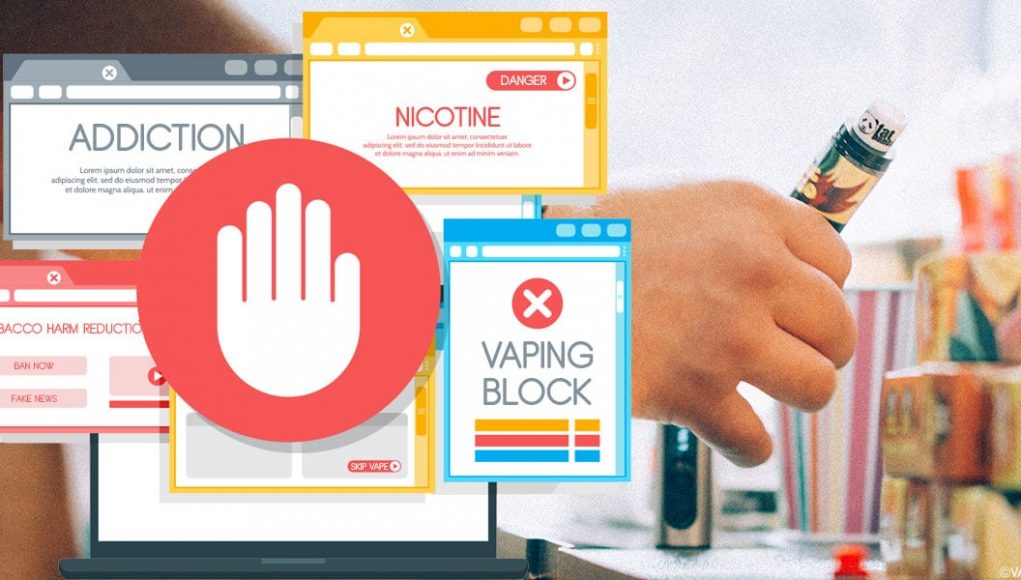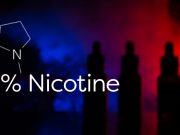There have been numerous attempts, aimed at overturning the proposed measure. However last November, approximately 80% of SF’s voters cast ballots against Proposition C, a measure which would have repealed the ban, with only just over 19% of voters voting in favour of the measure.
Vape retailers adapting by selling CBD products and other merchandise
Meanwhile, the city’s 700-plus independent tobacco retailers are taking various steps in an attempt to adapt. Some have started selling CBD products, whilst others are adding apparel and herbal supplements to their shelves.
The irony of course is that stores are still allowed to sell regular cigarettes, hence former smokers who had turned to vaping in order to quit, are basically being encouraged to go back to smoking. “I find it annoying,” said Lee Rothschild, an engineer who normally purchases e-liquids on the way home from work. “It’s an annoyance for people who want or need it. Now no one carries anything anymore. They only have CBD or zero nicotine. I end up ordering it elsewhere or go to shops in Walnut Creek.”
Ban valid until PMTA is granted
Under this legislation, the ban will be in place until the FDA officially reviews the vaping products and grants them a Pre Market Tobacco Authorisation (PMTA). Like Rothschild, the city’s residents will have to purchase any vaping products from neighbouring towns, or simply go back to smoking cigarettes.
And the latter is exactly what will happen according to San Francisco’s chief economist Ted Egan. Egan’s office is charged with analyzing the economic impact of legislation in San Francisco, reports of which are then sent to the Board of Supervisors and made public on the Controller’s Office website.
When it’s found that a legislation will have no impact on the local economy, no more analysis is conducted. Last Spring, Egan and his colleagues concluded that banning e-cigarette sales would have no material effect on the city’s economy, and therefore no further enquiries were made into the matter.
However, in a revealing interview published on the San Francisco Chronicle on May 15th, Egan had explained that the reason why his office reached such a conclusion (ie. that the ban will not affect the city’s economy) was because they found that the money being currently spent on vaping products, would still be spent in the city- on other nicotine products, such as conventional cigarettes.
Study: E-Cig Restrictions Could Drive Teens Back to Smoking
In line with this, a 2019 online survey of 240 young U.S. adults aged 18 to 29, asked the participants to predict their use of two products they already used, e-cigarettes and regular cigarettes, in response to hypothetical restrictions such as on e-liquid flavors and nicotine limits.
About 47% of the respondents, had said that in response to nicotine restrictions in e-cigarettes they would increase their use of traditional cigarettes. About 22% said that if regulations limited the customizability of devices, they would vape less and smoke more tobacco cigarettes, and 17% percent said that if e-liquid flavours were to be limited to tobacco and menthol flavors, they would vape less and smoke more traditional cigarettes.
The study’s lead author and an assistant professor in Psychiatry and behavioral sciences at Duke, Lauren Pacek, Ph.D., had pointed out that although the survey was small and not designed to predict e-cigarette use across the U.S., the data suggest that when considering changes to e-cig regulations, lawmakers should consider their potential downstream effects. Ultimately, if such responses were obtained when asking about restrictions, one can only imagine how users will respond to a total ban!
Read Further: MSN












